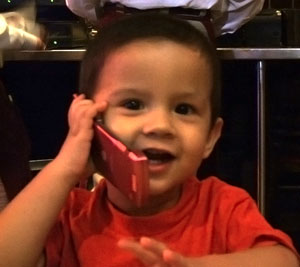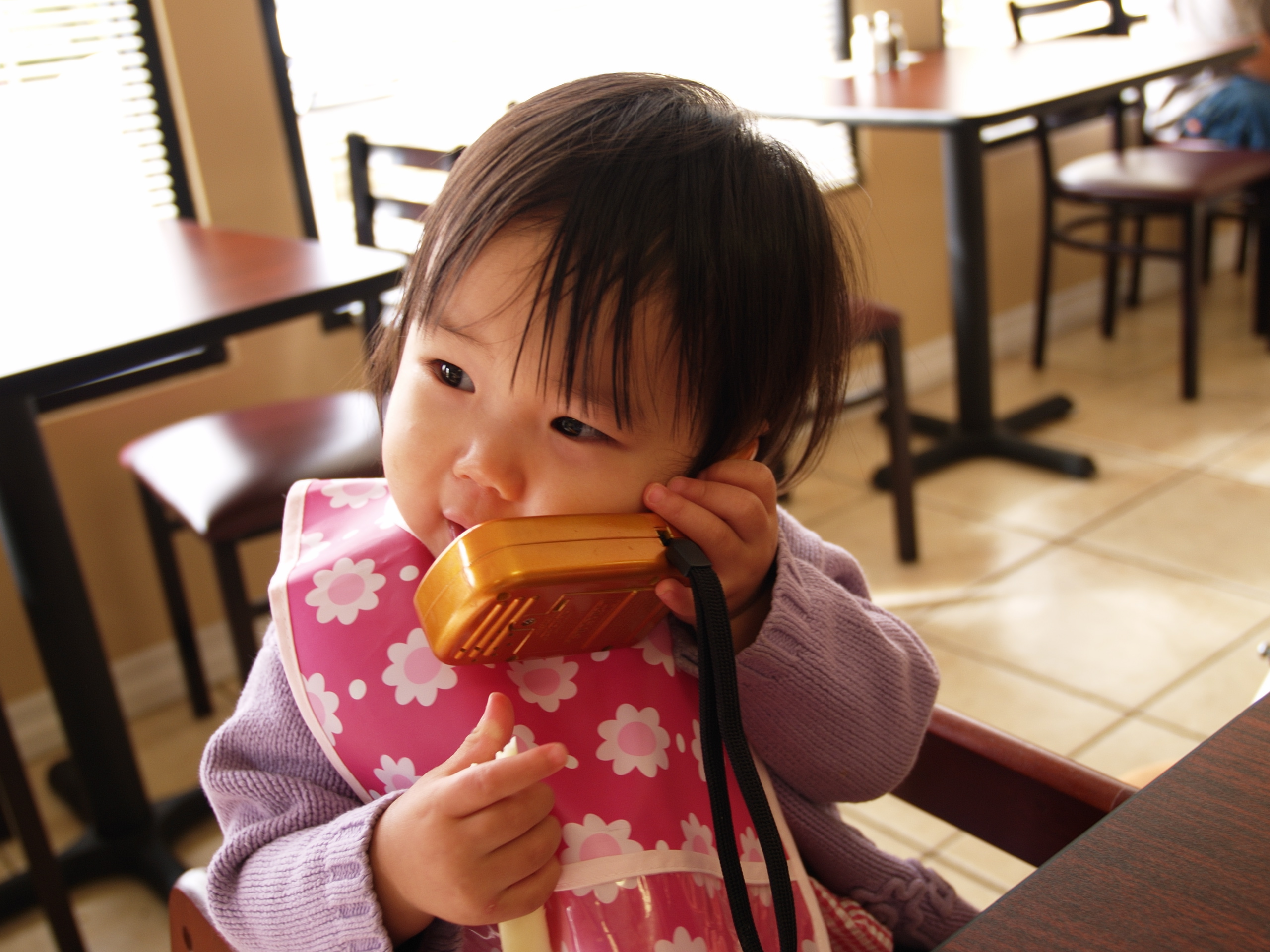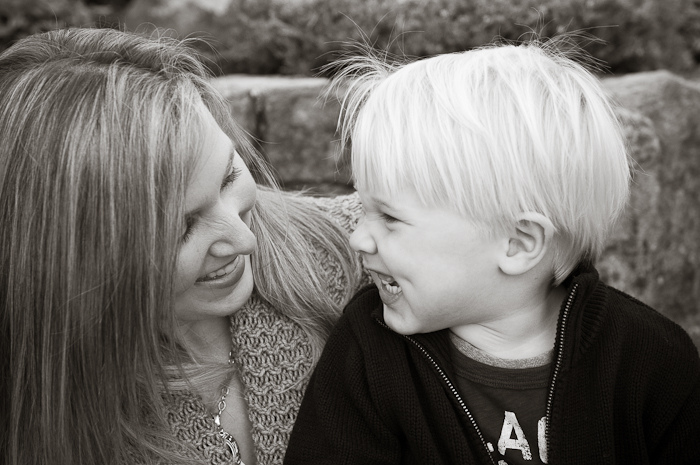It can take up to about second grade for a child to acquire fluent speech that is free of articulation errors. However, certain patterns of errors can make a child less understandable to his or her communication partners. This also applies to younger children. Today I wanted to highlight some of these patterns and give you, the parent, some suggestions for improving toddler speech clarity.
Speech Delay in Toddlers vs. Late Talkers
Language Development Speech Disorders Speech TherapistHow do you know if your toddler has speech delay? Don’t hit the panic button yet! There’s a chance your child could just be a late talker. A late talker is a toddler between the ages of 18 to 30 months, who is developing normal play, social, thinking and motor skills, but who is limited in spoken vocabulary for their age. Toddlers who are late talkers do not necessarily have speech delay. Most late talkers have difficulty with expressive language. Expressive language is used by toddlers when they are communicating their wants and needs. For example, asking for “milk” is a way that toddlers use expressive language to communicate their desire for a particular drink. Learn more about speech delay in toddlers below.
Talking Tots: Toddler Language Development Activities
Language DevelopmentDid you just sleep through the night?

photo credit: Nieve44/Luz via photopin cc
Then it’s official, your baby is no longer a baby! By 12 months what was once your little bundle of joy has grown into a walking, talking toddler. The toddler age range is 12 to 36 months and this is the time parents step-up the toddler language development activities. While each toddler progresses differently, language development milestones are used as a general guideline for both parents and professionals. Some toddlers reach these milestones early and some reach them later. With milestones it’s important for your toddler to progress from one stage to the next at a steady pace.



